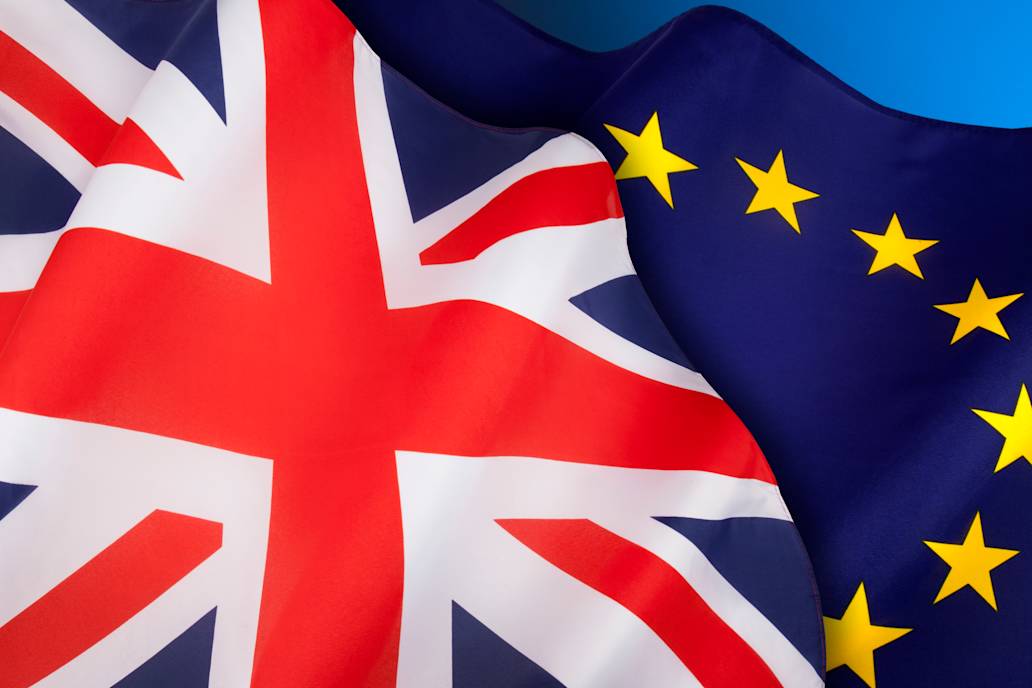Authored by Tom Mercer, Director of Bean Ninjas Europe.
Did you know that the UK is the 4th largest eCommerce market in the world?
As you likely know by now, the UK voted to leave the EU in the summer of 2016. However, many eCommerce businesses - in the UK and around the world - are just now starting to feel the impact of Brexit.
In this post, we’re taking a look at three of the biggest implications and what sellers can do, including:
What’s Brexit?
Collecting UK VAT
Filling out more paperwork
Expect shipping and processing delays
What’s Brexit?
Simply put, the UK voted to leave the European Union on June 23, 2016. This started a four-year transition period that ended on December 31, 2020. We won’t go into all of the details around Brexit. However, the two biggest ramifications are around:
Trade - There are no regulations and taxes for all goods being imported and exported into the UK. We’ll get to the three biggest implications of this later in this article.
Labor - This effectively ends the freedom for UK nationals to work and live in the EU. Now, UK citizens need a visa if they plan to live and work in the UK for more than 90 days.
Collecting UK VAT
This is the biggest change and will have the farthest-reaching effects. Now, any business that is importing goods worth more than £135 has to collect and pay Valued Added Tax - a.ka. VAT- upon entry into the UK.
For goods that cost less, you can add it to your next VAT return.
If you decide to pay this fee directly to your customers, this could have a negative impact on overall conversion rates (and sales) at checkout.
For many others, who may choose to eat the costs themselves, this impacts your profit margins not only on a per-product/SKU but also overall business profitability.
Pro Tip: Make sure to review your P&L statement before you decide to absorb any new fees - like VAT.
Regardless of whether you absorb the fee yourself or pass it off to your customers, make sure to update your tax settings in your eCommerce platform. This will ensure your data is up-to-date when it is passed onto your cloud accounting software, such as Xero.
Filling out more paperwork
In fact, collecting VAT is only part of the story. In order to even import goods into the UK, all international sellers now need to apply for a UK VAT number - if you don’t have one already. This can be a time-consuming process - especially for smaller eCommerce businesses. In order to apply, you need to fill out a bunch of paperwork. Once you have a VAT number, you’ll also need to get an EORI number.
This can take anywhere from a week to a few months to ensure that you have everything set up and are fully compliant with the UK government. In addition, anytime you import items into the UK, there will be border checks and increased tariffs, which can add to your administrative burden.
Expect shipping and processing delays
With the increased administrative burden for eCommerce businesses and UK VAT, it should come as no surprise that there are now increased border checks for all items being imported and exported. This is leading to significant shipping delays due to backlogs at customs. For international sellers, who are mainly selling to UK customers, this mainly manifests in longer delivery times.
We recommend being more proactive with your UK customers to manage expectations around shipping and delivery timeframes. This can build your trust and credibility while reducing the number of negative customer reviews and refund requests.
For businesses that are based in the UK or have a UK warehouse, the impacts of shipping delays can have far-reaching logistical and financial ramifications. In addition to managing customer expectations, you are also juggling supply chain logistics since these processing delays will also impact any shipments to your warehouse. You’ll want to consider the impact on increased lead times when you are doing inventory forecasting and/or deciding when to order more products.
Let’s take an example.
If you run an eCommerce business selling gourmet dairy-free ice cream, your products require special care when shipping to customers, including refrigeration. This means that being held up in customs for an extra day could mean that your customers might end up with ice cream soup or, worse, ice cream that has gone bad if it wasn’t packaged to withstand these delays.
In sum, the implications of Brexit are having a ripple effect for all eCommerce businesses - not just those based in the UK.
Tom is an ACCA certified accountant with over 6 years of diverse experience working as a remote accountant all over the world. He specialises in designing bespoke accounting and bookkeeping solutions for online businesses using Xero.
As eCommerce Growth Accountants, Bean Ninjas are your-go-to-accounting firm for eCommerce businesses looking to scale. With hundreds of customers and numerous awards, including Xero’s Bookkeeping Partner of The Year, you can spend less time worrying about your finances, cash flow, and profit margins, and more growing your business to 8 figures and beyond.
Posted in:
Transfers


